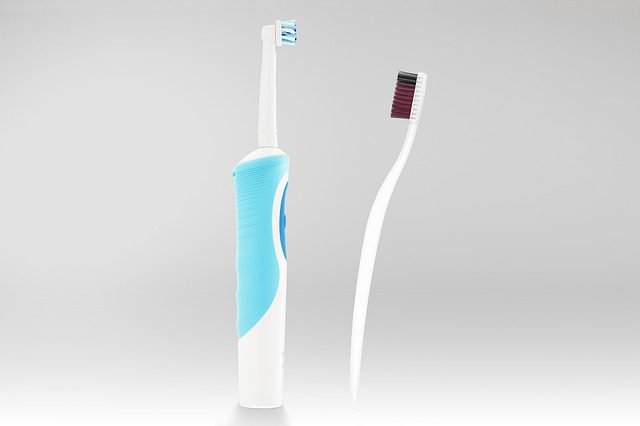How Clean is Your Toothbrush? What You Need to Know

If you’re a germaphobe, you’re not going to like this: Your toothbrush is covered with over 100 million bacteria including E. coli and staphylococci (Staph) bacteria, according to researchers at the University of Alabama.
Gross, right? The thing to understand is that bacteria is everywhere, especially in your mouth. The important thing is to maintain a healthy balance of germs. Your toothbrush probably won’t make you sick (as long as you don’t share it with other people), but there are ways to keep your toothbrush clean — and that’s great when it comes to dental care. Any local dentist will tell you how important it is to brush with a clean toothbrush.
Always Rinse Off Your Toothbrush
Before and after you brush, always give your toothbrush a good rinse with tap water. Run your finger across the top to loosen any bacteria as you hold it under the water for a few moments. This helps remove old toothpaste, food particles and any lingering bacteria. It’s important for dental care!
Let Your Toothbrush Dry — Don’t Use a Toothbrush Cover!
When storing your toothbrush, it’s important that the bristles are allowed to dry. Do not store your toothbrush in a toothbrush cover or holder. This prevents your toothbrush from drying and essentially serves as a bacteria incubator. Keep your toothbrush in an upright toothbrush holder, rather than lying down. Ideally, the holder will allow both the top and bottom of your toothbrush the chance to breathe. Try to avoid letting toothbrushes touch in the holder, as they can contaminate each other, especially after someone has been sick.
Don’t Put Your Toothbrush in the Dishwasher
Putting your toothbrush in the dishwasher is overkill — and will likely kill (or at least severely degrade) your toothbrush. It’s not designed to withstand the high temperatures and water pressure of the dishwasher. It will damage the bristles so the brush is less effective — and that can be detrimental to dental care.
Change Your Toothbrush
You should really change your toothbrush every 2 to 3 months — as soon as the bristles aren’t perfectly straight. Most people wait too long to replace the toothbrush and therefore aren’t brushing as thoroughly as they should, even if they brush regularly. You might also consider replacing your toothbrush every time you get sick as this can spread germs.
As dentists, we don’t ask you to frequently change your toothbrush because it’s dirty. After a few months of uses, the bristles become bent so it doesn’t clean the plaque or bacteria off your mouth as effectively. A new brush is much more effective at cleaning your teeth and preventing plaque buildup.
We’d recommend buying the multi-pack every time you buy brushes. This way you’ll be well stocked and can replace brushes as soon as you start to see the bristles bend. You’ll brush with a fresher toothbrush every time — and this can have big impacts on your dental health. Your dentist will notice the difference.
The truth is a new toothbrush means better care for your teeth, better dental health, and fewer cavities and dental emergencies.
Practice Good Oral Care
Even more important than keeping an immaculately clean toothbrush is practicing great oral health care. Follow your dentist’s advice — brush and floss every day. Rinse with an antibacterial mouth rinse. See your family dentist regularly, not just when you have tooth crown pain. This can help spot cavity issues, broken or cracked fillings, and avoid dental emergencies in the long run. Stay healthy!
